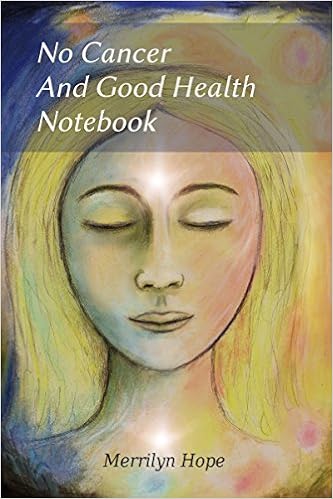Natural Remedies
Apples are a wonderful cleansing food. Three days on the raw apple diet is an easy method to rid the body of toxins and freshen up the blood. Drinking apple juice at meal-times can remove acidity and be a help to digestion. But what about Apple Tree Bark as a medicine?
Jethro Kloss, the famous Seventh Day Adventist herbalist who wrote ‘Back To Eden’ in 1939, apparently used the apple tree bark remedy to cure many people of different ailments.
This book was reprinted in 1981 by Loma Linda, CA: Back To Eden Publishing.
Tree barks have been commonly used in healing by native American Indians, in Australia by aboriginal people, and in New Zealand by the Maori. In European herbal medicine, tree barks such as white willow bark, slippery elm, and silver birch have been used as a remedies for certain ailments.
see my older post on silver birch leaves as medicine http://merrilynhope.com/birch-tree-leaves-for-kidney-stones/
However, not much is written about using Apple Tree Bark as a remedy. The apple is well known for its therapeutic qualities, as is its cider vinegar, but no mention is made of using apple tree bark in any of the herbals I have so far read.
I have just encountered it in John Heinerman’s ‘Miracle Healing Herbs’, which a friend has just lent to me. This book gives an account of how Jethro Kloss used this medicine, and how it was one of the most commonly prescribed medicines of his repertoire.
The success which Jethro Kloss had with Apple Tree Bark, and the endorsement of its use by John Heinerman, make it well worthwhile to record it here.
This is how it is used:
Bring one litre of water to a boil with two or three tablespoons of grated Apple Tree fruit bark added to it.
Once it is boiling, reduce the heat and simmer gently for twelve minutes. Take off the heat after twelve minutes and let stand for a further 38 minutes.
Strain the liquid off into a jar and keep in the fridge.
It is taken one cupful at a time, either warm or cold, depending on what condition you are treating – I presume, one cup per day – John Heinerman does not say how frequently it is to be taken.
It is taken warm for:
abdominal cramps (warm or cold), dysentery, delayed menstruation, fever, gall bladder attacks, indigestion, kidney problems (warm or cold), toothache.
It is taken cool for:
abdominal cramps, boils, insect bites and stings, kidney problems, liver and spleen problems, nausea and vomitting, rabies.
Poultices
For skin problems such as boils, eczema, and insect bites, a poultice of the apple liquid can be used on the skin as well as the drink taken internally.
To make a poultice, soak a piece of clean white linen or cotton in the apple liquid. Wring out and place over the area to be treated.
My new book is available on Amazon:

